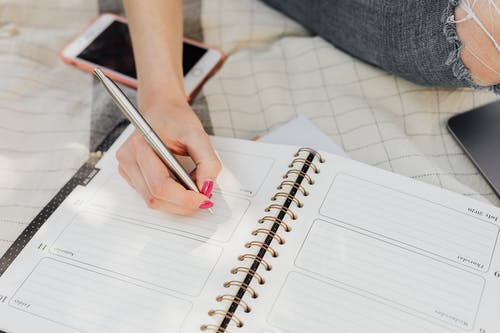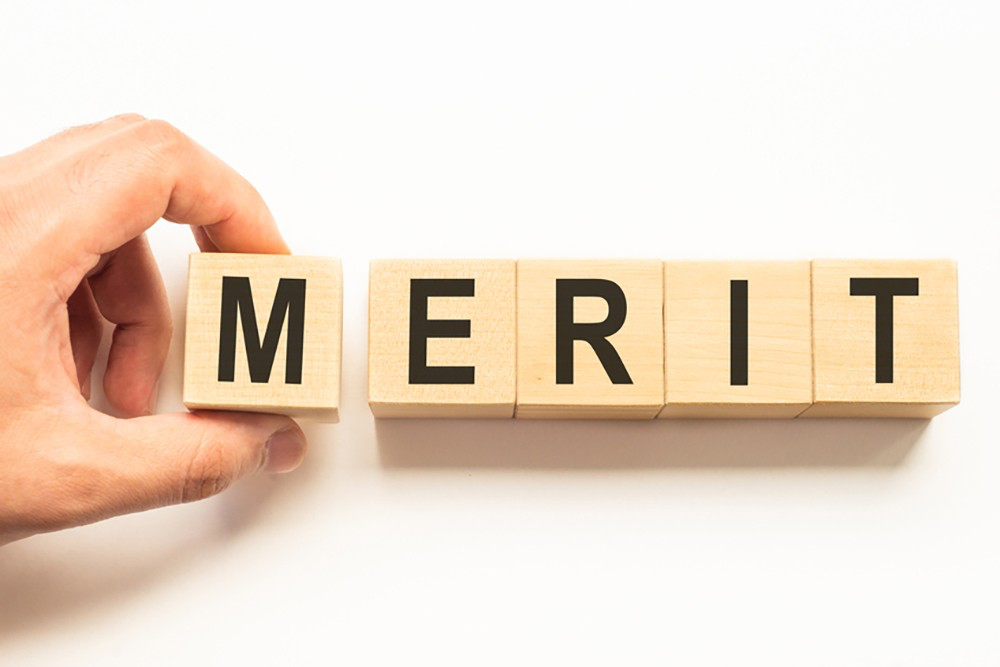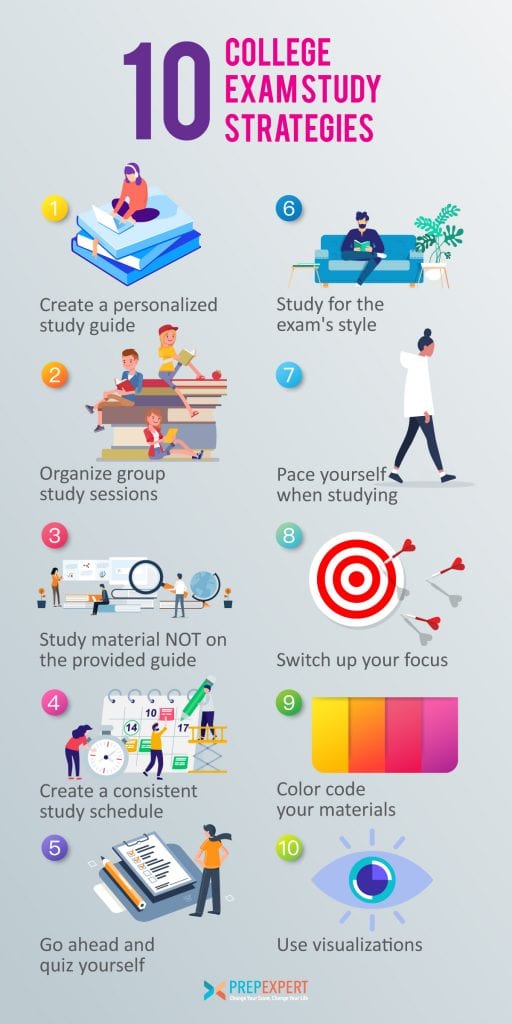10 College Exam Study Strategies
College final exams sound scary on the outside. The truth is if you’ve already passed high school exams, then you can handle college ones. All you need are some college exam study strategies to help level up your preparation.
Don’t let college-level exams intimidate you. Follow these 10 straightforward college exam study strategies to better organize and optimize review sessions.
Besides regular exams, here are some tips on how to best study for college finals.
Create A Personalized Study Guide
Don’t rely on the professor’s guide alone.
A great way to really internalize information is by creating your own study guide. Outline the most important concepts you feel that you learned.
Also, include information on topics you know you need to thoroughly review better. Then simply review, review, and review.
Organize Group Study Sessions
Use the power of many brains to understand the material better.
Don’t be shy about asking 2-4 other students in a class to get together and go over material outside of class. It can literally be as simple as meeting up at the library.
Or, to make things more chill, hanging out at someone’s dorm or apartment over pizza. The benefit is pulling from different students who understand aspects of the subject better than others.
Study Material NOT On The Guide
Study guides don’t always cover everything.
Very often, you will be tested on reading material that may not have been discussed in class or notes afterward. Study guides only provide a skeleton of what to study.
Use them as a guide to go back into the readings themselves and review anything that looks important, but wasn’t extensively discussed.
Create A Consistent Study Schedule
Carve out time during the week for easier reviews.
Trying to cram a semester’s worth of concepts before an exam is tough. Moreover, you won’t retain that much information after the course ends.
Instead, carve out an hour a week to review that week’s concepts. It’ll lead to better memory retention and comprehension.
Study For The Exam’s Style
Different exams require different approaches to prepare.
You probably have never heard this before, but it’s easier to focus your studying based on the kinds of exam questions. For multiple-choice exams, focus on drilling down definitions and concepts themselves.
For essay exams, spend your time focusing on understanding the presented concepts, as well as developing coherent examples for each one. Be ready to describe how the concepts work in practice.
Go Ahead And Quiz Yourself
Don’t wait for the final exam; practice by building your own.
If you spend time creating practice exam questions, especially based on previous quizzes and tests, you’ll have a better feel for the real thing. Draft realistically-worded practice exam questions based on how the professor likes to phrase things.
Then realistically time yourself working on a practice exam. You can go back and check on things like answer pacing, subject understanding, problematic concepts, etc.
Pace Yourself When Studying
Don’t burn yourself out with all-nighters.
The temptation to stay up all night and cram is real. Don’t give into it.
Again, pace your studying with tips like:
- Weekly Review Sessions
- Planned Exam Study Blocks
- Taking Frequent Mental Breaks
You’ll avoid burnout.
Switch Up Your Focus
Move around the exam study order.
Let’s say you have 3 exams coming up within a 2-week period. Block out study blocks, so that you can switch off subjects within sessions. Why?
Because sooner or later, your eyes will start glazing over with reduced attention. Switching over to another subject lets your mind take a break while still technically studying.
Color Code Your Materials
Use colors to help prioritize things easier.
This is the point to break out those highlighters. Go through your notes and highlight:
- Concepts or definitions you have trouble understanding
- The material you understand well
- The material you need to practice
You can then prioritize what you need to review during a study session at a glance. Each session will be that much more productive for you.
Use Visualizations
Don’t be afraid of mind maps or diagrams.
If you’re a visual learner, then don’t be afraid to create diagrams or other visual aids to help review material. This concept works great if you need to understand how various concepts interact and build off one another, such as in science classes.
For more test strategy, college admissions, and scholarship application tips sign up for our FREE class happening right now!
Written by Dr. Shaan Patel MD MBA
Prep Expert Founder & CEO
Shark Tank Winner, Perfect SAT Scorer, Dermatologist, & #1 Bestselling AuthorMore from Dr. Shaan Patel MD MBA

How to Get Into Stanford: Breaking Down Stanford Admission Requirements in 2024
Applying to college is overwhelming no matter what schools are on your list, but you might find yourself sweating a…

Why DEI is Destroying Meritocracy and How MEI Can Save Us
In recent years, Diversity, Equity, and Inclusion (DEI) initiatives have become a cornerstone of many corporate and educational policies. While…

Should I Take an SAT Prep Course?
If you’re getting ready to take the SAT soon, you might be wondering whether or not you should enroll in…
